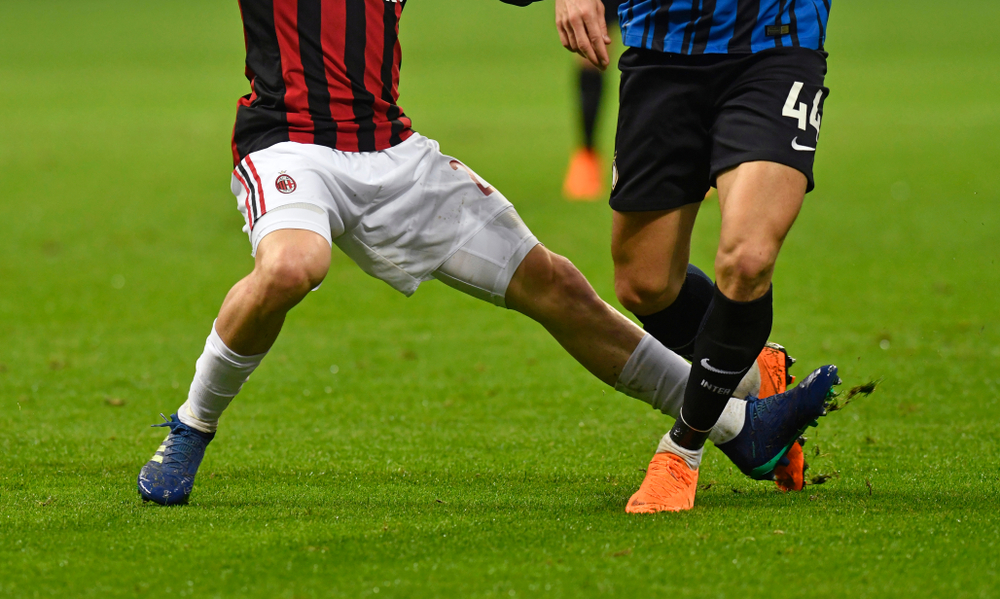The Italian Football Federation (FIGC) has argued that the country’s ban on betting sponsorships in football is having an adverse effect on the sports sector in general.
Warning that the restrictions were ‘bringing the entire sports sector to its knees’, the FIGC and its President, Gabrielle Gravina, has called for a temporary suspension of the ban, requesting a minimum of a two-year lift of the prohibition measures until 30 June 2023 in order to enable the industry to recuperate lost earnings.
Furthermore, the league has also argued for the creation of a Football Savings Fund, also with an end date of 30 June 2023, which would see 1% of all online and in-person sports bets in Italy sent to a national fund managed by the FIGC, with the goal of financially sporting football projects throughout the country.
Additionally measures include tax and contribution relief caveats, facilitated access to measures supporting the liquidity of sports clubs and ‘dedicated procedures’ for the installation payments and conciliation of football club’s tax debts with the Italian Revenue Agency.
The proposals have been sent to the Presidency of the Council of Ministers, the representatives of the Departments of Economy and Finance, Health and Economic Development, as well as to the Undersecretary for Sport.
Gravina stated: “We are at a crossroads; we must act quickly to prevent the professional football crisis from obliging the clubs to block their activity, thus bringing the entire sports sector to its knees, the companies of the 12 product sectors connected to it and the entire country system, with an undesirable decrease in direct and indirect tax contributions.
“We did not ask the government for refreshments, rather to recognise the socio-economic importance that football has through the adoption of some urgent measures to relieve the clubs from the crisis generated by COVID-19. Football can play a decisive role in Italy’s overall recovery.”
The Italian ban on gambling advertisements was first introduced on 1 January 2019, although any marketing campaigns launched prior to the date were allowed to reach their conclusions.
All types of commercial marketing including product placements, distribution of branded items and influencer marketing are banned as a result of the governmental decision, although Italian football teams have been able to reach deals with companies in alternative markets outside Italy.























